
Yesterday while I sat in one of my favorite dog-friendly coffee shops, I witnessed a confused, but well-meaning woman enter with an 8-week-old Shepherd mix puppy. She took this outing as a chance to practice some training commands they had been working on. With treat in hand, the dialog between pup and owner went something like this:.
"sitsitsitsitsit" (puppy sits) "downdowndowndowndowndown" (puppy looks very confused) "rolloverrolloverrolloverrollover" (puppy is physically "urged" into a down).
After this already confusing sequence - she still doesn't give him the treat. She proceeds to ask him to do the whole process again. The pup begins to grow frustrated and starts to mouth the leg of her handler's pants. The woman finally gives the dog the treat when the pup isn't really doing anything at all.
I want to break down what this owner could be doing to make her training a more positive and productive experience for both her and her puppy.
Dogs and puppies must have knowledge of a specific behavior in order for a verbal command to be of any use. Dogs don't speak English! It seems that some people forget this and expect that puppies will come with the inherent knowledge of the terms "sit, stay and down!" Teach the physical motions of the command (see our training section) and then add in the verbal cue. Often dogs will pick up hand signals faster than they will pick up verbal cues.
Say a command once - I really mean it! Dogs associate the verbal cues you give them with the behaviors you have them paired with, meaning if you have coaxed your dog into a down by repeating "dowwwwn...dowwwwn...dowwwwn" - that is what your dog will expect to hear in order to understand the command. If you'd like your dog to "get" the command with a simple one-word statement - use that. Don't chat, repeat commands or converse with your dog while you're working.
Mark your dog's successes with an immediate reward. While your dog or puppy is learning the basics, make sure you reward him the *moment* he does what you ask of him. If you lure him into a sit (or if you're working on verbal cues) - the very second furry-bottom-hits-ground is the moment you should be popping a high value treat (a small piece of a soft treat, tiny bite of cheese, a bit of turkey dog, etc) into his mouth. Praise at the same time. (I personally like to use the words "Yes!" and "Good!"). These rapid, positive associations will ensure that your dog will catch on rapidly to training and won't become confused or frustrated with the process.
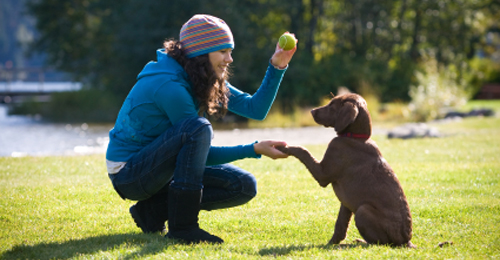 Teddy Bear Dog
Due for this, the actual who invests in professional canine
Teddy Bear Dog
Due for this, the actual who invests in professional canine
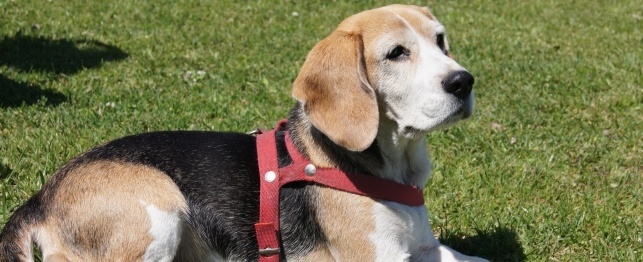 The Dark Side of Dog Parks – Why Dog Parks May Not Be Your Dog’s Friend
The Dark Side of Dog Parks – Why Dog Parks Ma
The Dark Side of Dog Parks – Why Dog Parks May Not Be Your Dog’s Friend
The Dark Side of Dog Parks – Why Dog Parks Ma
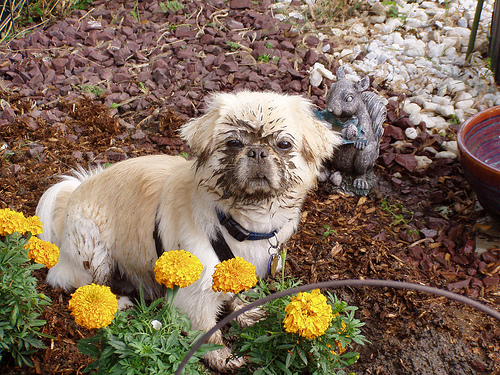 How To Deal With Dogs That Dig
How To Deal With Dogs That Dig
Digging can be a fr
How To Deal With Dogs That Dig
How To Deal With Dogs That Dig
Digging can be a fr
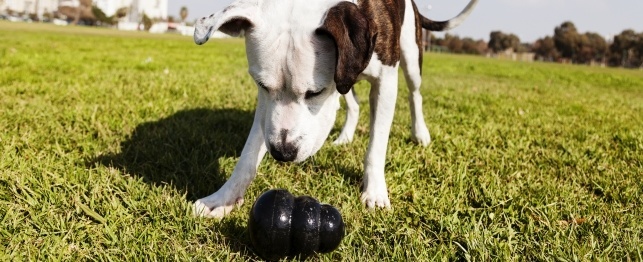 Commercial Brain Games Challenge Your Dog
Commercial Brain Games Challenge Your Dog
Commercial Brain Games Challenge Your Dog
Commercial Brain Games Challenge Your Dog
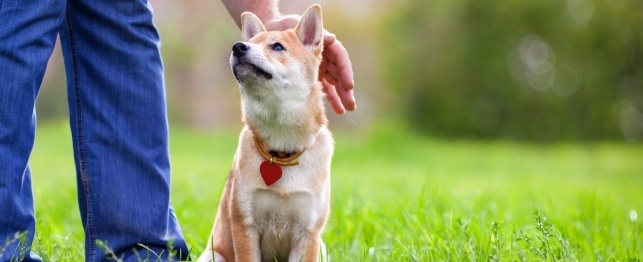 Fun at the Park for You and Your Dog
Fun at the Park for You and Your Dog
Fun at the Park for You and Your Dog
Fun at the Park for You and Your Dog
Copyright © 2005-2016 Pet Information All Rights Reserved
Contact us: www162date@outlook.com